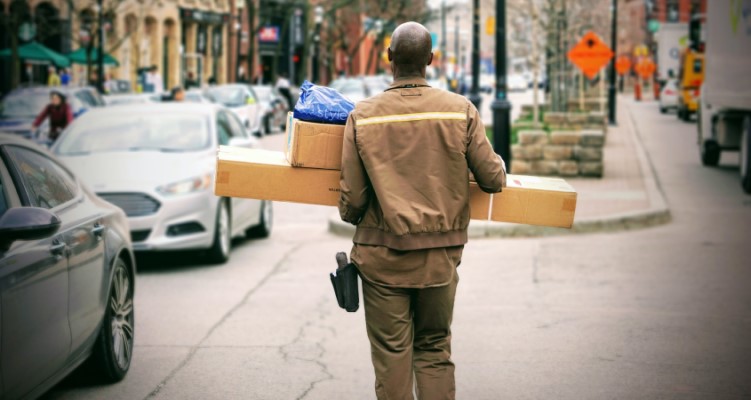
Yes, a delivery driver cannot rely on their regular social, domestic & pleasure (SD&P) vehicle insurance as this will not cover delivery driving, whether food or packages. It would help if you had special food delivery insurance to drive on the road legally as a delivery driver in the United Kingdom.
Does car insurance cover food delivery driving?
No, your traditional vehicle insurance (usually referred to as Social, Domestic & Pleasure, or SD&P) will not cover you for food delivery. In order to be appropriately covered for food delivery, you’ll require a bespoke delivery driver/food delivery insurance policy. They come in two distinct forms – ‘full-time’ Courier/Delivery Driver insurance and ‘top-up’/’pay-as-you-go’ Hire and Reward.
A full-time policy is usually charged monthly or annually and includes typically cover for both your social driving and delivery work. This means you’ll be insured any time you’re on the road, irrespective of whether you’re on the clock or not.
Pay-as-you-go policies, as the name suggests, are usually charged hourly or daily. They’ll only cover you while you work, so you’ll need separate SD&P coverage to make sure you’re protected at all times. However, as good as that sounds, many SD&P insurers will not cover drivers who intend to do delivery work and use a pay-as-you-go insurer. If you want to go this route, you’ll need to check with your SD&P provider beforehand to make sure you’re insured appropriately – remember it’s illegal in the UK to be on the roads without the right vehicle insurance coverage.
Food delivery drivers are exposed to a number of unique risks that make their policies more expensive than traditional vehicle insurance, which means delivery vehicle insurance usually costs more. For example, delivery drivers often drive late into the night, deliver to unfamiliar locations and clock long hours on the road, so it isn’t too surprising that insurance is quite a bit more expensive. Despite this, many drivers write online about making good money, enjoying setting their own hours and the “be your own boss” nature of delivery driving.
What is Hire and Reward insurance?
Hire and Reward insurance is the term given to a vehicle insurance policy that will cover you to use your vehicle in return for payment. It can be included as part of a larger policy (courier insurance) or sold by itself, usually in a pay-as-you-go format. A few different types of paid drivers might need Hire and Reward, from food delivery drivers through to chauffeurs and furniture removal businesses.
Offering out your vehicle in return for payment exposes it to risks you wouldn’t otherwise face on the road – you might drive-in locations you’ve not been to before, potentially for many hours without a significant break and (certainly for food delivery) might feel pressure to rush in order to meet tight delivery deadlines. Combining these makes it more likely for you to be involved in an accident, so insurers charge more.
You won’t need to buy Hire and Reward cover if you’re offering out your vehicle for charitable purposes, perhaps supporting a local school or food bank, or if you’re helping out a friend, say they needed a hand moving house. They’ve offered to cover the cost of your fuel. While paying for fuel is technically payment, it wouldn’t qualify in almost any insurer’s definition. That said, if you’re doing that, it won’t hurt to make sure your insurer will cover you if you have an accident.
How much do fast food delivery drivers make?
According to Payscale, the average fast-food delivery driver in the UK makes around £8.94 per hour. However, the best earners take in between £11.50-£12.00 per hour. It’s important to remember delivery driving is entirely demand-based, and you’ll likely have far more customers at 8 pm on a Saturday night than 6 am on a Thursday morning – but keep in mind that busy “peak” slots are extremely competitive, so you might have to share deliveries with other drivers.
There are a few ways you can maximise your income as a delivery driver to make sure you’re at the top end of earners so that you can cover your insurance and other expenses like fuel, plus bring home some decent pay at the end of the day:
- Compare multiple delivery businesses/apps
- Don’t just limit yourself to food delivery, either – consider companies like Amazon, DHL and CitySprint, too
- Drive during peak hours
- Use ‘heat maps’ to your advantage
- Save on fuel costs by driving economically
- Be courteous to customers to help generate extra tips
And if you’re due for a new vehicle, pick one with a good MPG. After insurance, fuel is one of the most significant expenses for delivery drivers, so driving a vehicle that gets excellent gas mileage can help keep extra money in your pocket.
